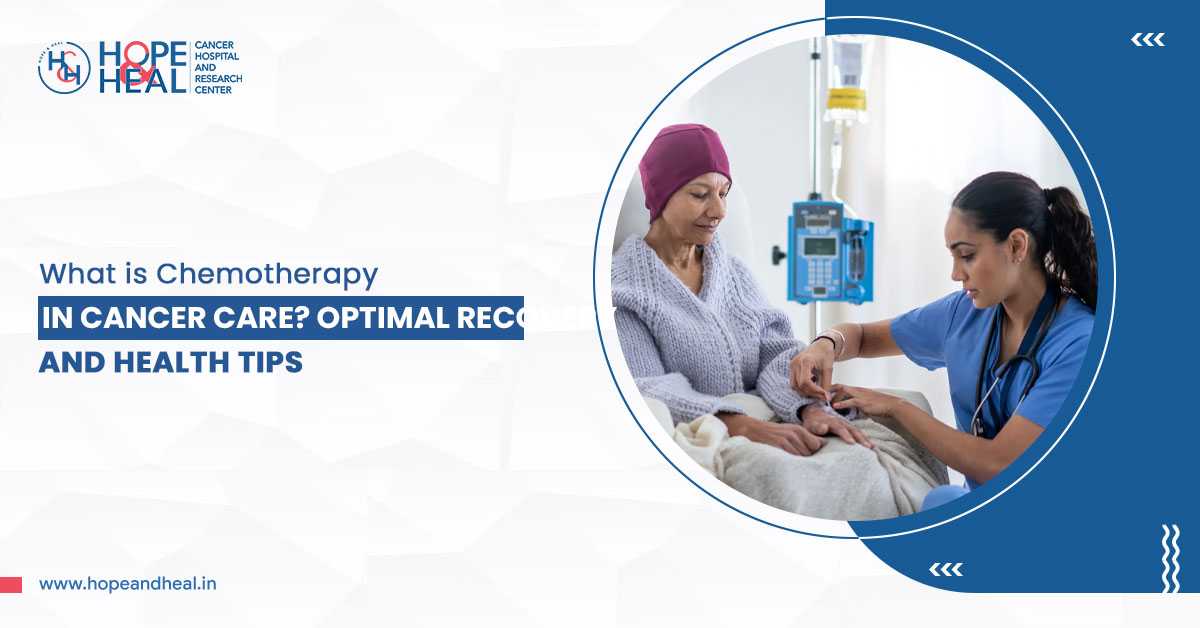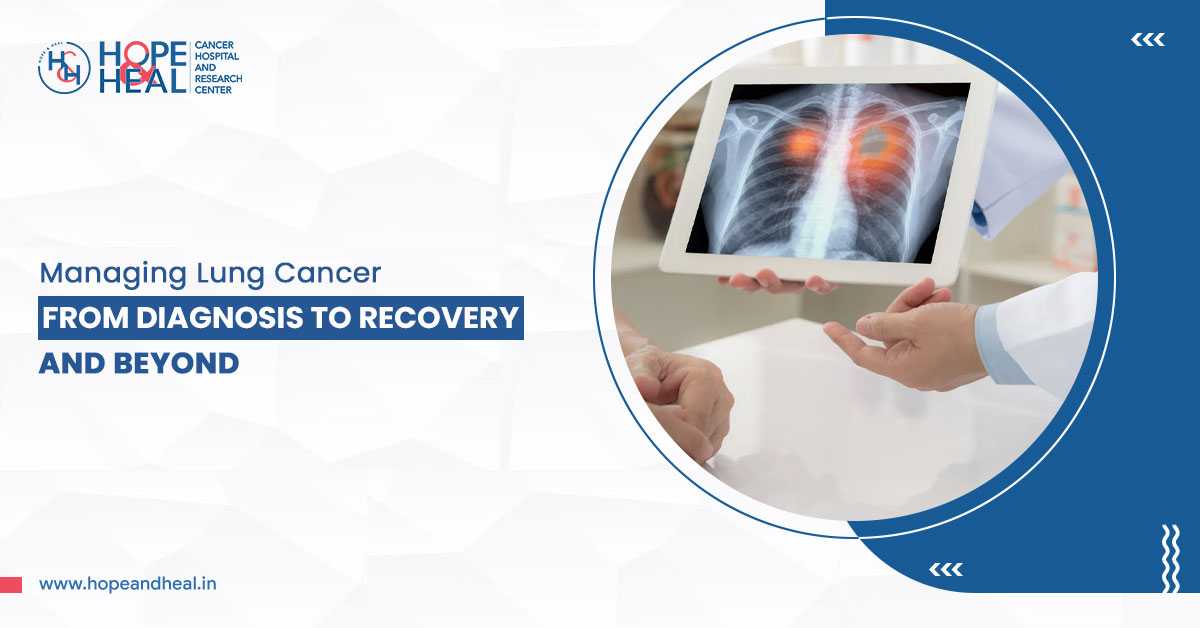Most colon cancers grow as non-cancerous polyps in the lower end of the digestive tract. Removal of these polys can effectively prevent cancer formation. If your doctor suspects or finds such benign growth, the doctor might suggest medications and surgery.
Though colon cancer can occur at any age, it affects older adults. You might talk to the leading cancer specialists at the best cancer hospital in North Bengal. In most cases, colon cancer shows no prominent symptoms in the early stage. Signs and symptoms of colon cancer very much depend on the size and stage of the malignant growth.
Persistent diarrhea, rectal bleeding, ongoing constipation, fatigue, unintentional weight loss, ongoing gas, abdominal cramps, blood in the stool, shortness of breath, vomiting, bloated stomach, etc. are some common symptoms of colon cancer. However, these symptoms belong to many health conditions. Hence, a proper diagnosis under medical supervision is vital.
The definitive reason for colon or colorectal cancer is unknown. But there are several risk factors. Given below are five risk factors for colon cancer:
-
Smoking
Tobacco smoking not only puts you at risk of diseases but also hinders healing. Carcinogens and toxic chemicals present in tobacco like hydrogen cyanide, arsenic, benzene, polonium, lead, formaldehyde, and ammonia damage the DNA of cells.
It affects the heart, lungs, and respiratory system, and accelerates your risk of colon polyps and colon cancer. Refrain from tobacco consumption whether you smoke tobacco or chew.
-
Alcohol
Alcohol or alcoholic beverages are a major risk factor for colorectal cancer. Acetaldehyde is a chemical compound found in alcohol that accounts for damaging the membranes in your body and causing tissue scarring.
When your body metabolizes alcohol, that process breaks down it into acetaldehyde (it’s a carcinogen) responsible for DNA damage in colon cells. No safe amount of alcohol is there that doesn’t increase the risk of cancer.
-
Obesity
Obesity is marked by a complex, chronic health condition, resulting in excessive body fat. It’s a global health concern, which increases the risk of heart disease, hormonal imbalance, diabetes, etc.
Excessive body fat tends to impair the essential functioning and processing of hormones, leading to the development of inflammatory properties in the body. Hence, it causes insulin resistance and gut microbiome imbalance.
-
Inflammatory Bowel Disease
Inflammatory bowel disease refers to long-term inflammation of the digestive tract tissue. It might increase the risk of colon cancer by affecting the inner lining of the colon. You might reach out to the best cancer hospital in North Bengal for colon cancer treatment.
Ulcerative colitis is an inflammatory bowel condition that causes rectal bleeding, fatigue, abdominal pain, rectal pain, weight loss, diarrhea with stool or pus, etc. Crohn’s disease cause digestive tract tissues to swell, leading to severe diarrhea, bloody stools, fatigue, fever, nausea, vomiting, anal fistulas, anal fissures, abdominal pain, etc.
-
Inherited Conditions
Inherited conditions result from DNA abnormalities that pass through parents. Lynch Syndrome refers to non-polyposis colorectal cancer that is the most common reason for hereditary colon cancer.
Familial adenomatous polyposis is another inherited condition characterized by cancer of the rectum and colon. Unexplained diarrhoea, gas pain, bloody stools, abdominal pain, persistent constipation, lethargy, weakness, vomiting, and bloating are some common signs here. Visit the best cancer hospital in Siliguri for advanced cancer care.






